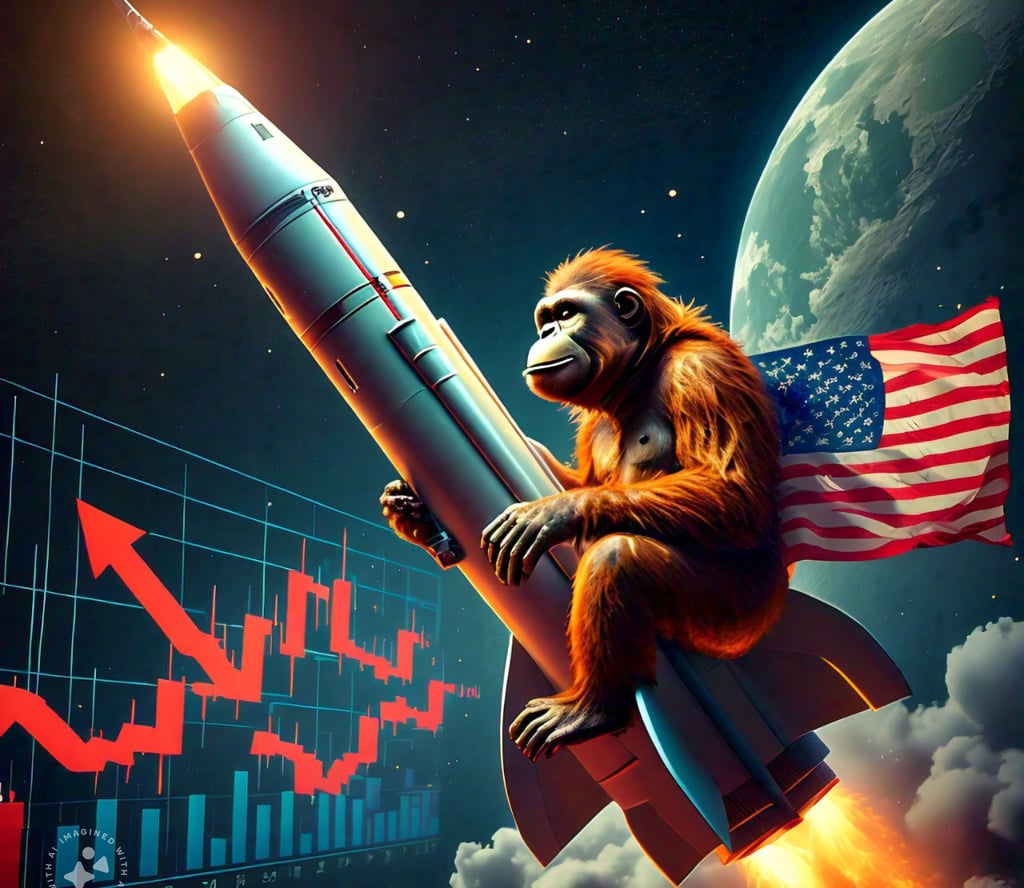The Media's Obsession with Stock Market Fluctuations: Trump assassination attempt WTF


Introduction
Today, the news is abuzz with reports of Trump Social's stock soaring in the wake of an assassination attempt. Just last week, the media was concerned about the declining stocks of Frito-Lay and Pepsi, attributing it to the supposed lack of consumption of potato chips and soda by US citizens. This raises a critical question: Is our media's focus on such stories beneficial or detrimental to public discourse?
Trump Social Stock Surge
The recent surge in Trump Social's stock has captured significant media attention. The assassination attempt, a serious and concerning event, has paradoxically resulted in a positive financial outcome for the company. This phenomenon highlights the intricate and often perplexing relationship between news events and stock market reactions. While the immediate financial implications are evident, the broader socio-political consequences warrant deeper analysis.
Consumption Trends and Stock Market Implications
Last week's media narrative centered on the decline in Frito-Lay and Pepsi stocks due to purportedly insufficient consumption of their products. This raises questions about the media's role in shaping public perception and behavior. Are we truly facing a crisis of potato chip and soda consumption, or is this a manufactured concern aimed at driving market performance? The media's ability to influence consumer behavior and, by extension, stock prices, underscores its powerful role in the economic landscape.
The Impact of Media Narratives
The media's obsession with stock market fluctuations and sensational headlines can sometimes seem trivial or even absurd. However, it is essential to recognize that these narratives are not crafted in a vacuum. They reflect and shape public sentiment, impacting consumer behavior and market dynamics. The consumption of such 'garbage information' by the populace is both a cause and effect of the media's focus on these stories. It is a cyclical relationship that underscores the need for responsible journalism and critical media consumption by the public.
Conclusion
In conclusion, the media's fixation on stock market fluctuations, whether it be Trump Social's surge or the decline in Frito-Lay and Pepsi stocks, serves as a reminder of the complex interplay between news, public perception, and market dynamics. While it may sometimes seem absurd, it is crucial to approach these narratives with a critical eye, understanding their broader implications for society and the economy. Ultimately, fostering a more informed and discerning public is essential to mitigating the impact of sensationalist media on our collective consciousness.
